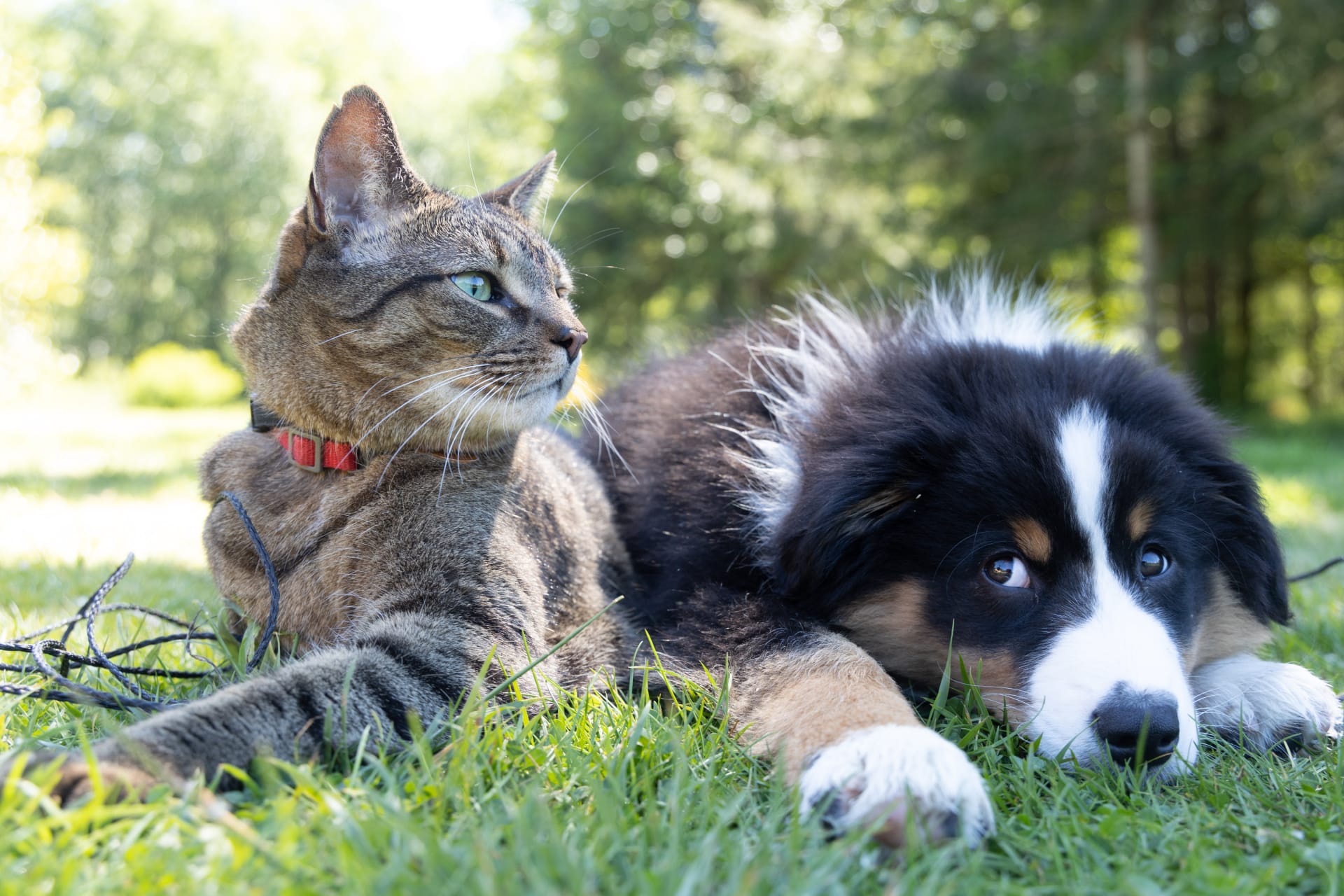Being an animal lover of the highest order, when it comes to moving home and having pets, there are always extra factors to keep in mind. When I bought my last house, I took into consideration my pets as well as my family. Is it near the schools I wanted for my daughter was the first priority, but then also where are the closest decent dog walks? Is there a big main road as that is a concern for my cat? There is nothing worse than moving home and finding the route to the morning dog walks takes an extra ten minutes to get to – believe me when you must walk two dogs and have a 40-minute car commute to work every day for 9 am, those ten minutes can make a big difference to your productivity. The whole thing with family life is that, if possible, it should flow, not be a series of challenges that you have to overcome daily.
When choosing your next home, or in my case, your forever home, give it some thought, then give it some more thought. Scope out the area and make sure it compliments as many parts of your life as possible. Your pets are a choice for life, so they need to be thought of as well, and if your choice of house can complement their needs as well – you are onto a winner!
In addition to considering your pets' needs when choosing a new home, it's important to plan and prepare for the move itself. Vets4Pets recommends making sure your pet is microchipped and has a collar with your up-to-date contact information in case they become lost during the move. They also suggest packing a "pet box" with their food, water, bedding, and toys to keep them comfortable during the transition.
The PDSA advises gradually introducing your pet to the new home before the move by letting them explore one room at a time. They also recommend keeping your pets in a safe and secure room on moving day to avoid them becoming stressed or getting lost.
One thing that is really important when you move is remembering to update your pet's identification tags and notify your vet and microchip company of your change of address. It's rare that pets get lost during a move, but the peace of mind in knowing they'll be identified is definitely useful. The RSPCA suggests familiarizing your pet with their carrier or crate before the move and making sure they have plenty of water and regular toilet breaks during the journey.
Lastly, the RSPCA Pet Insurance website offers some additional tips for moving with pets, such as gradually changing their routine leading up to the move to help them adjust to any changes in feeding or exercise schedules. They also suggest arranging for a trusted friend or family member to look after your pet during the move, as this can reduce their stress and anxiety levels.
By considering your pets' needs and planning ahead, you can make moving house with your furry friends a smoother and less stressful experience for all involved.
For further reading on the topic, see: Vets4Pets; PDSA; and RSPCA Pet Insurance


